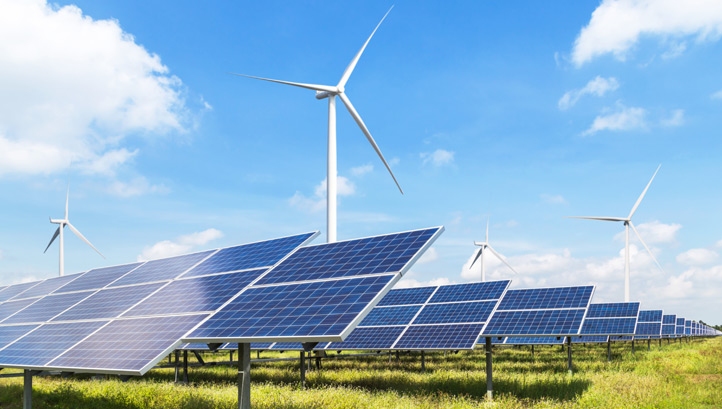 27 April 2014, Kigali – Members of the Rwanda Parliamentary Public Accounts Committee have asked the Energy, Water and Sanitation Authority (EWSA) to urgently work towards slashing the cost of the three thermal plants that contribute a total of 31.8 megawatts to the national grid.
27 April 2014, Kigali – Members of the Rwanda Parliamentary Public Accounts Committee have asked the Energy, Water and Sanitation Authority (EWSA) to urgently work towards slashing the cost of the three thermal plants that contribute a total of 31.8 megawatts to the national grid.
The plants, all located in the capital Kigali, were largely established about 10 years ago to help ease widespread load shedding amid sharp decline of water levels that significantly affected the output of major hydropower stations.
The three diesel-powered plants are Jabana I (7.8MW), Jabana II (14MW) and Gikondo Rental Power (10MW).
During a tour of the facilities on Wednesday, PAC members were told that the plants cost the taxpayer an average of Rwf260 million a day, a figure the MPs said was ridiculously high.
Both Jabana I and II cost the taxpayer Rwf100 million a day (consuming 1,000 litres of diesel apiece), while EWSA spends an average of Rwf60 million on Aggreko-run Gikondo Rental Power a day. Each litre of diesel goes for about Rwf1000.
The lawmakers found out that the utility body spends way more on Heavy Fuel Oil (HFO) than it actually makes from sales.
The MPs advised EWSA officials to urgently devise mechanisms to significantly cut down on the thermo power bill, especially by putting more efforts in affordable energy sources.
“These costs are certainly unsustainable, they are only crippling EWSA,” PAC vice chairperson Theoneste Karenzi said.
The high production cost is partly blamed for the country’s relatively high electricity tariff – Rwf134 per one kilowatt for domestic use, and Rwf126 for industrial consumption. This has made Rwanda one of the countries with high electricity tariffs in the region with most of its East African Community partners (including Uganda, Tanzania and Kenya) charging an average of Rwf100 a unit.
PAC says to significantly slash this cost EWSA will need to step up efforts to complete the ongoing hydropower projects and other power-generation schemes. They cited ongoing projects such as Nyabarongo, Karongi and Rusizi hydropower schemes.
EWSA officials acknowledged the problem, but hastened to add that they hoped ongoing hydro and solar power projects would be completed soon and help reverse the trend.
Prosper Mubera, the EWSA public relations officer, said Nyabarongo and Karongi hydropower stations would produce 53 megawatts between them.
He also cited a solar project in Rwamagana which would soon add eight megawatts to the national grid.
The Government has identified energy as a major vehicle to the attainment of a middle-income economy by 2020, and is bidding to increase the national power output to at least 562MW by 2017, up from the current 110.8MW.
To help achieve this ambitious target, the Cabinet in October last year resolved to split EWSA into two companies, with one strictly charged with energy issues, with the other concentrating on water and sanitation.



